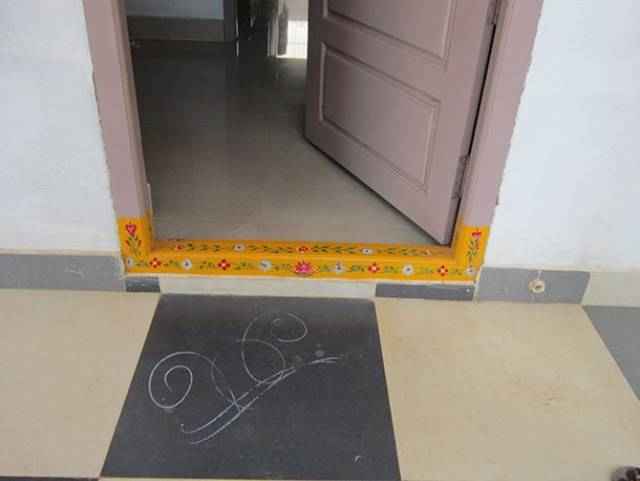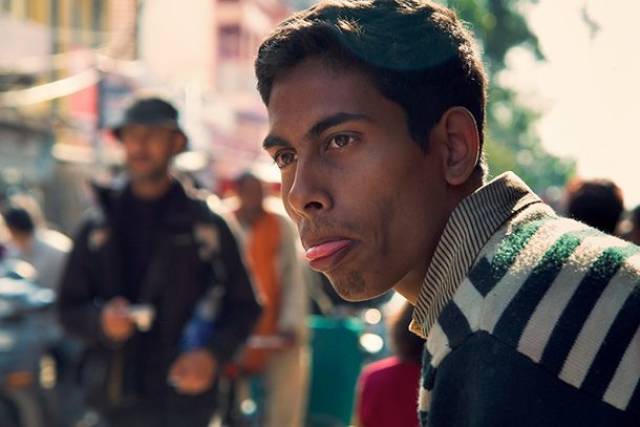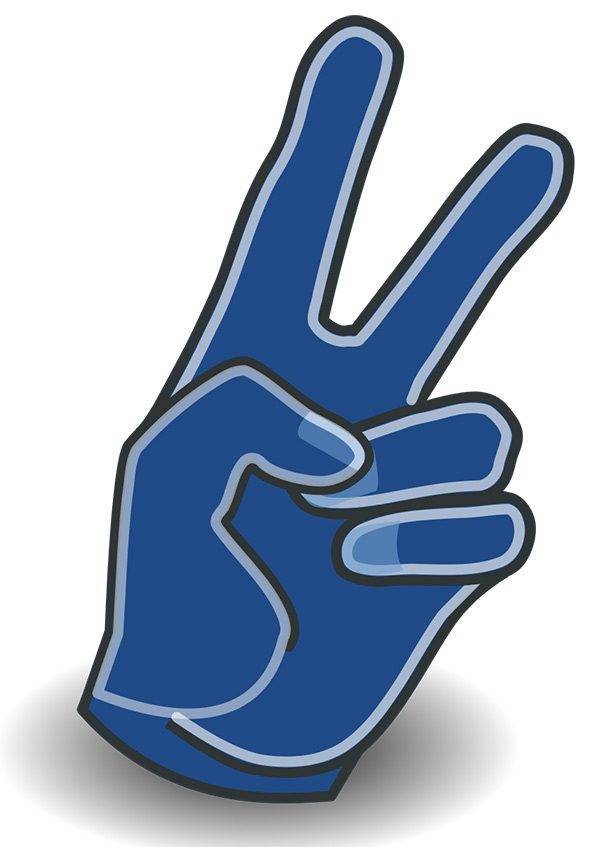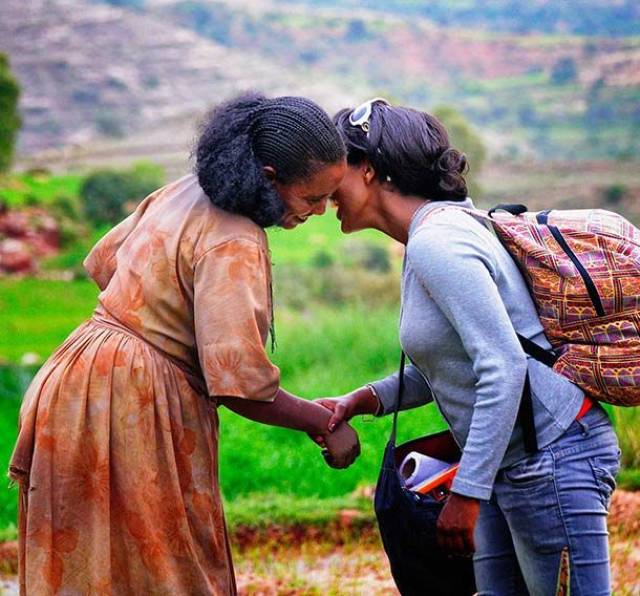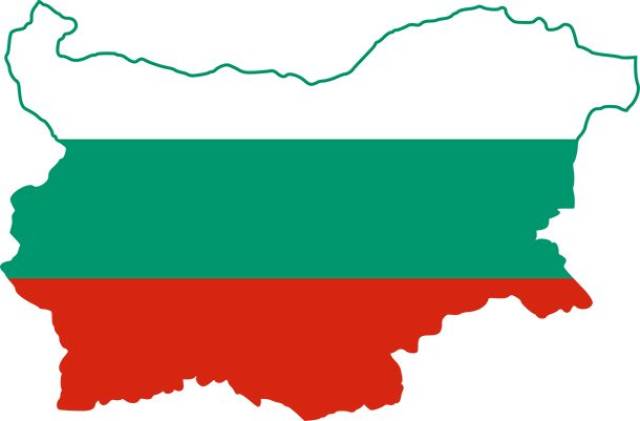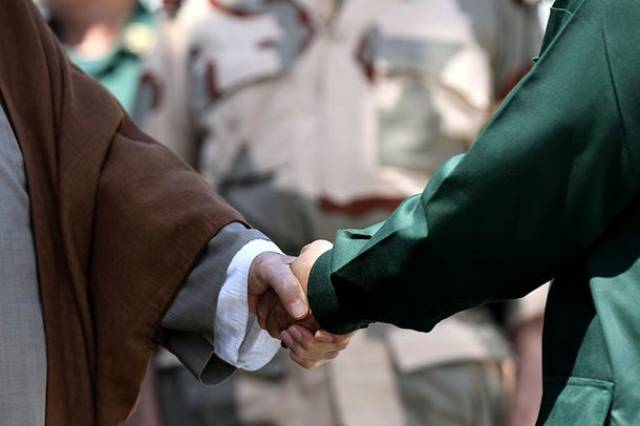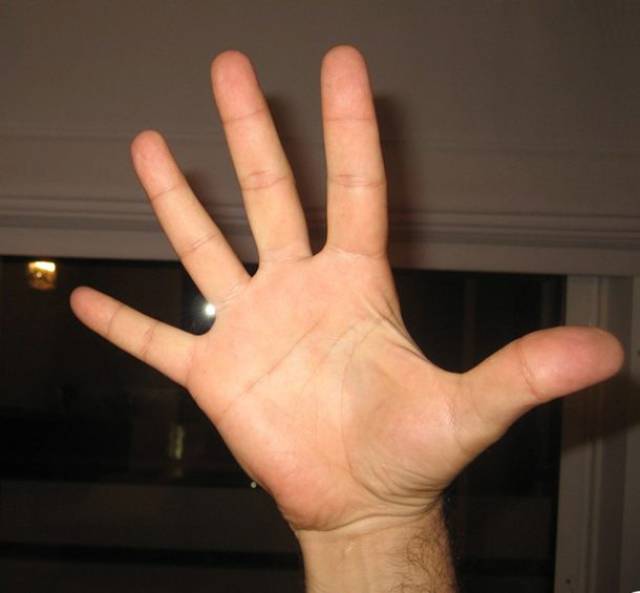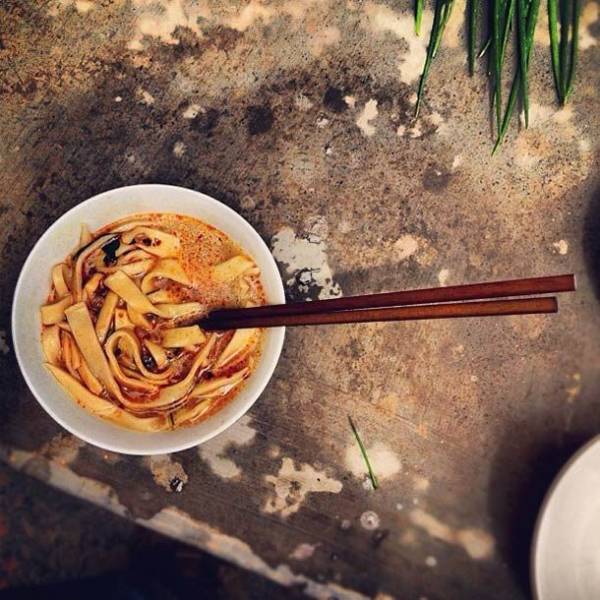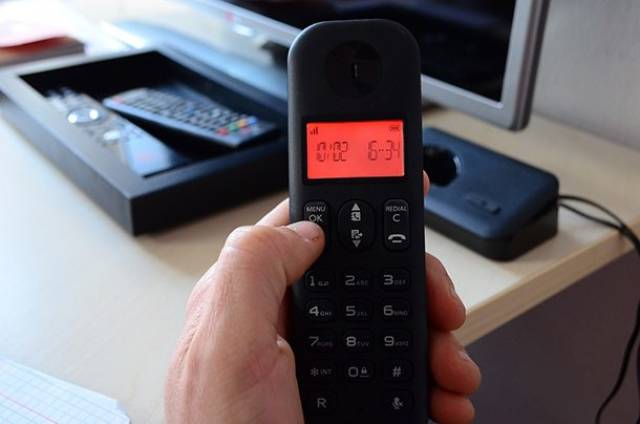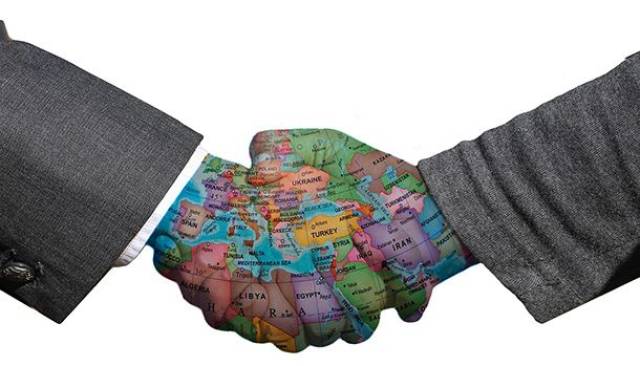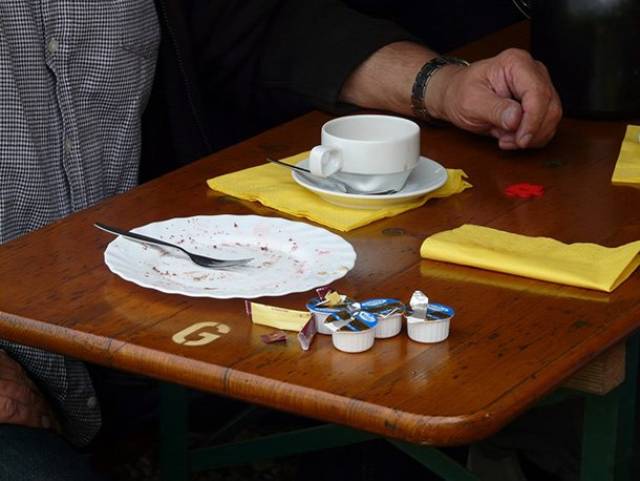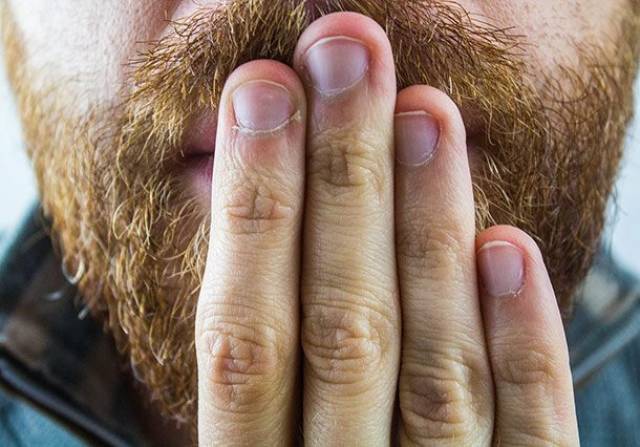Pointing at people using your feet (Southeast Asia)
Although we’re not sure why you would do this, if you happen to be passing through Southeast Asia, refrain from pointing your feet at other people. In some regions of Thailand and Laos, the feet are considered the “lowest” and “dirtiest” part of the body, which is also partly why you should take your shoes off before entering someone’s house.
Touching people on the head (parts of Asia)
When in Asia, don’t pat or touch people on top of their head. Just don’t do it. In some Southeast Asian cultures, particularly in Thailand and Laos, the head is considered sacred, and you just never know what sort of faux pas you may be committing by reaching for it.
A quick handshake (Fiji)
When first introducing yourself in Fiji, be prepared – the handshake can be intense by western standards. After the initial firm downward motion, your hands may very well remain clasped for the duration of your conversation.
Stepping over someone (Nepal)
With feet considered dirty in much of South Asia, the Nepalese would take great offense to the act of stepping over someone, in particular, stepping over their outstretched legs. It’s best to just go around.
Shaking hands across a threshold (Russia)
In Russia, trying to shake someone’s hand across a threshold may quite literally leave you empty handed. In fact, trying to conduct any transaction at all across a threshold is probably not a good idea. Russian superstition holds that this is unlucky, and many times you will find that people either wait until they are invited in or you yourself step out.
Not realizing you are being complimented (India)
India is one of those places with so much diversity that even the locals could get confused over what’s taboo and what isn’t. One thing you should be aware of though is that in some regions, body language, especially during an introduction, can be fairly involved. If someone approaches you with their tongue between their teeth all while waving the air around you onto themselves, don’t panic…they’re just complimenting you on your beauty.
Throwing up the “peace sign” (United Kingdom and other Commmonwealth Nations)
This one has managed to instigate its fair share of trouble. What most people in the United States would consider being the peace sign is, in fact, the equivalent of giving someone the finger in the United Kingdom, Australia, and South Africa. Just remember that this only applies should your palm be facing you. If your palm is facing outwards, then you’re in the clear.
A quick hello (Morocco)
In Morocco, it is considered impolite to see someone you know, say “Hi,” and keep walking. So whenever you see your friends on the street, be prepared to discuss your family, children, and health. Strangely enough in some cases, these inquiries are made by both parties simultaneously without either side waiting for the other to respond.
Shaking your head up and down to signify “yes” (Bulgaria)
This one is probably going to throw you off a bit. While visiting Bulgaria, it would behoove you to remember that yes means no and no means yes…at least to outsiders. What do we mean? Well let’s just say if your host asks you whether you enjoyed their meal, you had better shake your head from left to right, meaning yes. Shake your head up and down and you may well find yourself eating out for the rest of your trip.
Giving someone a thumbs up (Iran)
Generally speaking, while it would be safe to assume that giving someone a thumbs up is a fairly positive gesture, we would suggest you not jump to any conclusions, especially in Iran and several other Middle Eastern countries. In these countries, it traditionally translates as the foulest of insults and is definitely something worth avoiding.
Shaking or giving giving gifts with your left hand (Indian Subcontinent/Middle East)
If you plan on spending any time in the Middle East or the Indian Subcontinent you should get used to the idea of not using your left hand to eat or even hand people things. In many cultures it is considered unclean due the fact that it is used to clean yourself up in the bathroom.
Inter-gender handshakes (Middle East)
Throughout the Muslim world, inter-gender handshaking can be a bit of an enigma. Although the rules aren’t easily decipherable and for the most part it varies considerably, it would be highly advisable on your part to think twice before shaking hands with, touching, or in some cases even looking at someone of the opposite sex.
Public displays of affection (Saudi Arabia)
Taking this a bit further, we offer those of you with aspirations of visiting Dubai or Saudi Arabia a bit of advice. If you are going with your significant other, be sure to avoid any public displays of affection. This includes kissing, holding hands, and even hugging. Unless of course, you’d like an up close and personal tour of the nation’s prison facilities…it’s happened to numerous westerners in the past.
Giving the “a-ok” sign (Brazil)
Going back to hand gestures, here is one you certainly want to avoid, at least for the duration of your visit to Brazil. Although typically it would signify “okay,” to a Brazilian it would be the equivalent of giving them the finger.
Pointing your palm at somebody (Greece)
Formed by extending your hand with its palm outwards, the Moutza as it is known in Greece, is a highly offensive gesture. The only thing worse, in fact, is the double moutza. That’s right, you guessed it…both hands. If you find the need to hand signal the number 5, make sure that your palm is facing towards you.
Placing your chopsticks upright in your rice bowl (Asia)
While taking a break from your food in virtually any Asian country that uses chopsticks, it would be advisable not to place them upright in your rice bowl. For the most part, this position is reserved for funerals and therefore would be considered extremely impolite to the host and any seniors present.
Insulting the king (Thailand)
With some of the most severe lese-majeste laws in the world, whatever you do in Thailand, don’t insult the king. In fact, it would probably be wise to not say anything about the royal family at all. As some unfortunate westerners have found out, even liking a negative post about them on Facebook is enough to earn you some serious jail time.
Having “drugs” in your possession (Southeast Asia)
Although having certain drugs in your possession is punishable in most societies, the list of offending drugs along with their accompanying punishments varies considerably from country to country. In Southeast Asia, for example, many drugs that are available over the counter in the United States and Europe can cost you your life. In fact, with some of the toughest drug laws in the world, you would be wise to avoid carrying “packages” for others and not bringing your prescription drugs with you. Numerous westerners in the past have discovered just how swift and merciless justice in this region can be.
Chewing gum (Singapore)
Not only is it against the law to chew gum in Singapore, it’s against the law to bring gum into Singapore, even accidentally. So unless you want to spend time in court explaining how you are not a smuggler, leave the spearmint at home.
Eating in public during Ramadan (Saudi Arabia)
During the month of Ramadan, if you so happen to be in Saudi Arabia, it would be in your best interest to not eat while in public. Not only will all of the locals probably hate your guts while they are fasting, but it’s punishable by law.
Not interrupting a conversation to answer the phone (Brazil)
When talking to your friends in Brazil, don’t be surprised if they regularly stop their sentence mid-conversation to answer the phone. In some parts of the country, it is considered ruder to ignore the call than pause the conversation.
Not shaking everyone’s hand in the room (Austria)
While you may have noticed that in certain places the who, how, and when of shaking people’s hands can be a bit confusing. In some nations like Austria, you are required to shake everyone’s hand in whatever room you enter. At least it removes the guesswork.
Getting someone an even number of flowers (Russia)
If you ever spend time in Russia and for some reason decide you’d like to get someone some flowers, go for it, but be advised – make sure you have an odd number. Even numbers of flowers are only given at funerals, and your gift may be interpreted as inviting death.
Finishing your meal (parts of Asia)
While in many places, finishing your meal is seen as a good thing or at least implies that you enjoyed the food, in Asia you may want to leave a little something on your plate. Licking it clean here implies that your host didn’t give you enough food and you’re still hungry – an epic insult.
Not burping during a meal (parts of Asia)
As we said, not leaving a little food on your plate in some parts of Asia is sure to insult your host, so if you’re looking to compliment them, try burping. They’ll be flattered.





